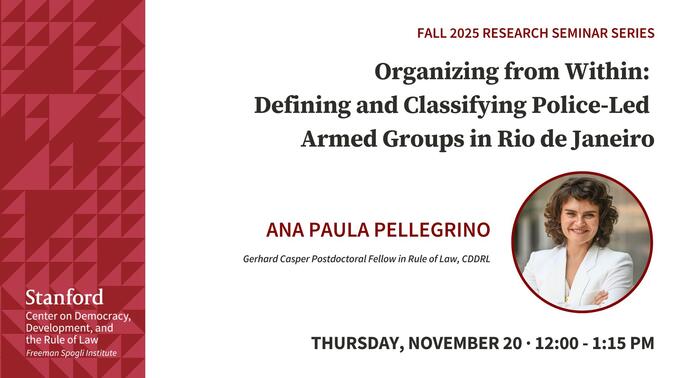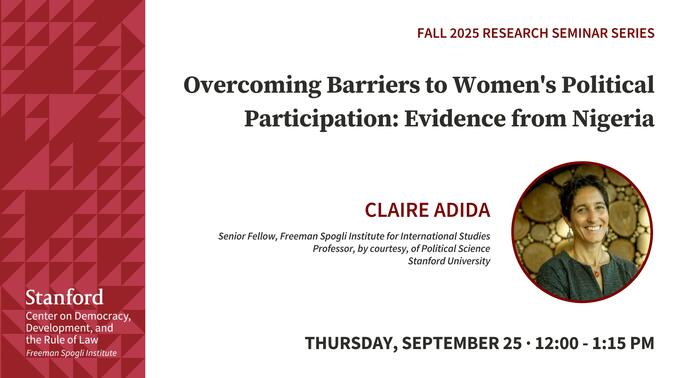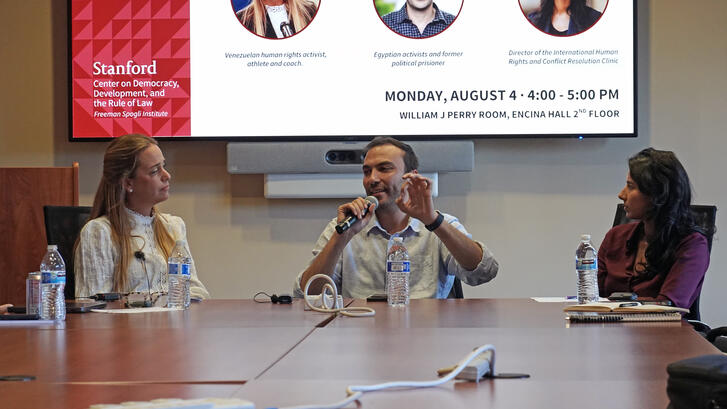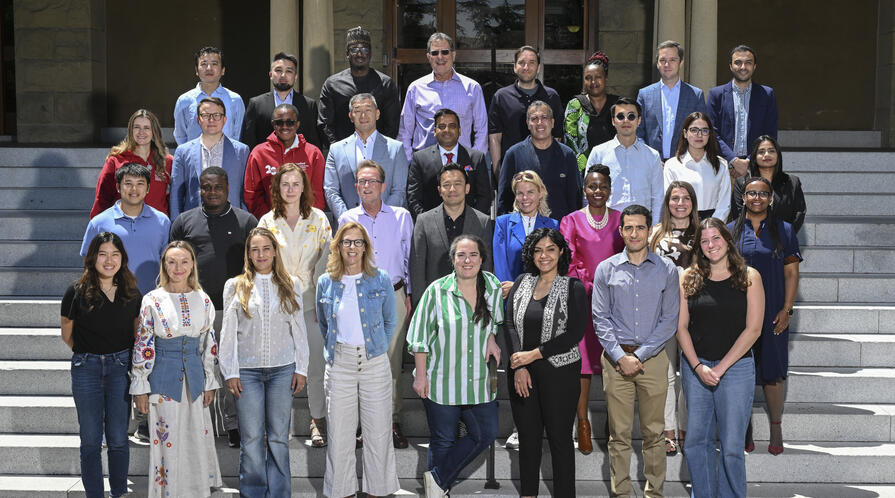Ana Paula Pellegrino — Organizing from Within: Defining and Classifying Police-Led Armed Groups in Rio de Janeiro

This research introduces the concept of police-led armed groups (PLAGs) to better capture the institutional distinctiveness of armed formations organized by active-duty police officers. Unlike traditional non-state armed groups, PLAGs benefit from insider access to state infrastructure, impunity networks, and coercive training — blurring the boundaries between extralegal and illicit violence. The paper distinguishes PLAGs from both autonomous non-state actors and state-aligned militias, offering a conceptual framework based on group composition, organizational autonomy, and the strategic use of police authority. To demonstrate the utility of this framework, I reclassify the armed groups documented in the 2008 CPI das Milícias (Parliamentary Inquiry Commission on Milícias) in Rio de Janeiro. This reclassification reveals that a substantial number of groups previously treated as PLAGs are more accurately understood as non-state armed criminal groups. This conceptual innovation has implications for theories of state violence, criminal governance, and security sector reform in high-violence democracies.
ABOUT THE SPEAKER
Ana Paula Pellegrino is the Gerhard Casper Postdoctoral Fellow in Rule of Law at the Center on Democracy, Development and the Rule of Law (CDDRL) at Stanford University’s Freeman Spogli Institute for International Studies (FSI) and will join the School of Government at the Pontifical Catholic University of Chile as an Assistant Professor in July 2026. Her research examines criminal and political violence in Latin America, with a particular focus on armed actors — including police and armed groups — their attitudes, and their behaviors. Her book project investigates why police form armed groups. Pellegrino received her Ph.D. in Government from Georgetown University in 2025, specializing in Comparative Government. Her work has been supported by Georgetown University, Fundação Estudar’s Leaders program, and the Harry Frank Guggenheim Foundation’s Emerging Scholars initiative.
Virtual to Public. Only those with an active Stanford ID with access to Room E-008 in Encina Hall may attend in person.
Virtual to Public. If prompted for a password, use: 123456
Only those with an active Stanford ID with access to Room E-008 in Encina Hall may attend in person.
Ana Paula Pellegrino
Encina Hall, E109
616 Jane Stanford Way
Stanford, CA 94305-6055
Ana Paula Pellegrino is the Gerhard Casper Fellow in Rule of Law at the Center on Democracy, Development and the Rule of Law (CDDRL) and a JSD Candidate at Stanford Law School. Pellegrino is an empirical political scientist using experimental, observational, and qualitative data to study questions of criminal and political violence, with a particular interest in Latin America. Her research agenda includes projects on state and non-state armed actors, including police and criminal groups, and how they form and engage with each other. Other projects explore public attitudes towards violence and war, as well as the micro-dynamics of violence and war outcomes.
Pellegrino's work has been supported by Georgetown University, Fundação Estudar’s Leaders program, and the Harry Frank Guggenheim Foundation’s Emerging Scholars program. She holds a Ph.D. in Government from Georgetown University and a BA and MA in International Relations from the Pontifical Catholic University of Rio de Janeiro. She is an incoming Assistant Professor at the School of Government at the Pontifical Catholic University of Chile, in Santiago, where she will begin in July 2026.















